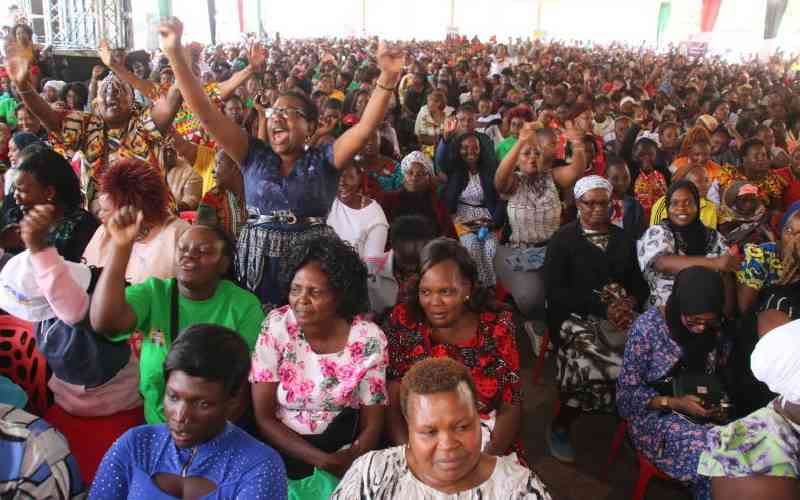×
The Standard e-Paper
Fearless, Trusted News

When a child's screams attracted villagers to a scene where his mother had just collapsed and died, the first suspected cause was hunger.
Emily Chebon, 38, had walked many kilometres to and from a water pan, a 20-litre jerrycan on her head, only three weeks after giving birth to her fifth born. Her husband was at Baringo County border to ward off bandits.